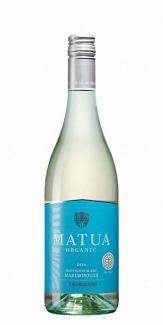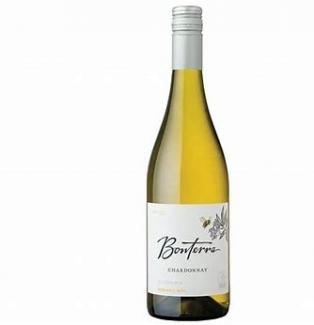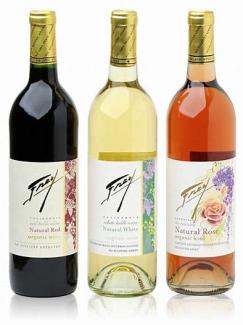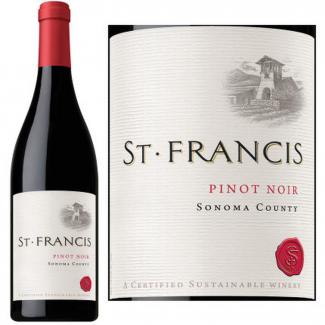Sustainable Wines - making sense of the labels
The sea of wines with varying terms around sustainability are confusing as winemakers increasingly try to capitalize on this trendy area. There are many advantages to these wines depending on your perspective but also a few downsides. Some of the terms you’ll see in the market include sustainable, natural, biodynamic, and organic. Of the four of these, only the term “organic” is regulated by the U.S. government. Following is a brief description of these terms as well as what it means to you as the consumer.
Organic Wines

There are two kinds of organic labels that you’ll see. Wines can be made from “organically grown grapes” (no synthetic pesticides added) or “organic wines” which are made from organically grown grapes as well as made with no additional sulfites. Note that all wines have some naturally-occurring sulfites from the wine-making process itself.
Biodynamic Wines

Biodynamic wines are similar to organic although this method looks at the entire vineyard ecosystem as well as things like the lunar cycle and astrological influences. Common winemaking manipulations such as acidity adjustments and yeast additions are not used and grapes are farmed biodynamically.
Incidentally, biodynamics is the oldest “green” farming movement and is based on Rudolf Steiner’s agricultural practices. Technically, biodynamics differs from organic in three ways: the vineyard should be self-sustaining, the vineyard should be treated regularly with nine herb and mineral-based biodynamic preparations, and key tasks such as planting, pruning, and picking should be timed around harnessing “formative forces” exerted by earthly and celestial rhythms.
Natural Wines

Natural wines are those made with the intent to intervene as little as possible (minimalist wine making). These are typically made by independent small-scale growers using hand-picked grapes that utilize one or more of the above methodologies (organic, sustainable, or biodynamic).
Sustainable Wines

Sustainable wines support a winemaking process that encompasses environment protection, social responsibility, and economic viability. These aspects are considered from the planting of the grapes all the way through the bottling of the wine. Examples of things done to promote these goals are water recycling and conservation in the vineyard and using solar energy in the winery.
__________________
While all four of these terms differ slightly, the one thing they have in common is the use of fewer sulfites which play a role in preserving wine and helping it age longer. Therefore, as a consumer, you may find that these wines have shorter shelf lives and that they may vary more from bottle to bottle in taste.
Bottle variability is a characteristic some wine lovers find fascinating as they feel they are getting a more authentic product and will sacrifice consistency to experience the nuances each vintage brings. Others may find this off-putting and disappointing as they go from bottle to bottle perhaps not getting the same-tasting wine each time.
The key question is do these kinds of wines actually taste better? As with most complex topics, there isn’t a simple answer. They can taste better with more freshness and vibrancy. And there is certainly the “feel-good” factor of knowing that the wine was made with fewer manipulations, chemicals, and in environmentally and socially responsible ways. This can easily influence a drinker to think the wine tastes better based on these merits alone.
However, some of these wines can be watery and thin so good intentions alone don’t always lead to the best-tasting wine. Here are several wines to try that are made through sustainable, organic, or biodynamic methods.
Stacy Dalton is our Houlahan Travel wine expert who focuses on wine travel. She holds the highest level recognition Level 4 Wine Diploma from internationally-renowned Wine and Spirit Education Trust and also studied with the Masters of Wine Programme for two years. Find out more about Stacy and her wine travels at https://wineexplorations.com/